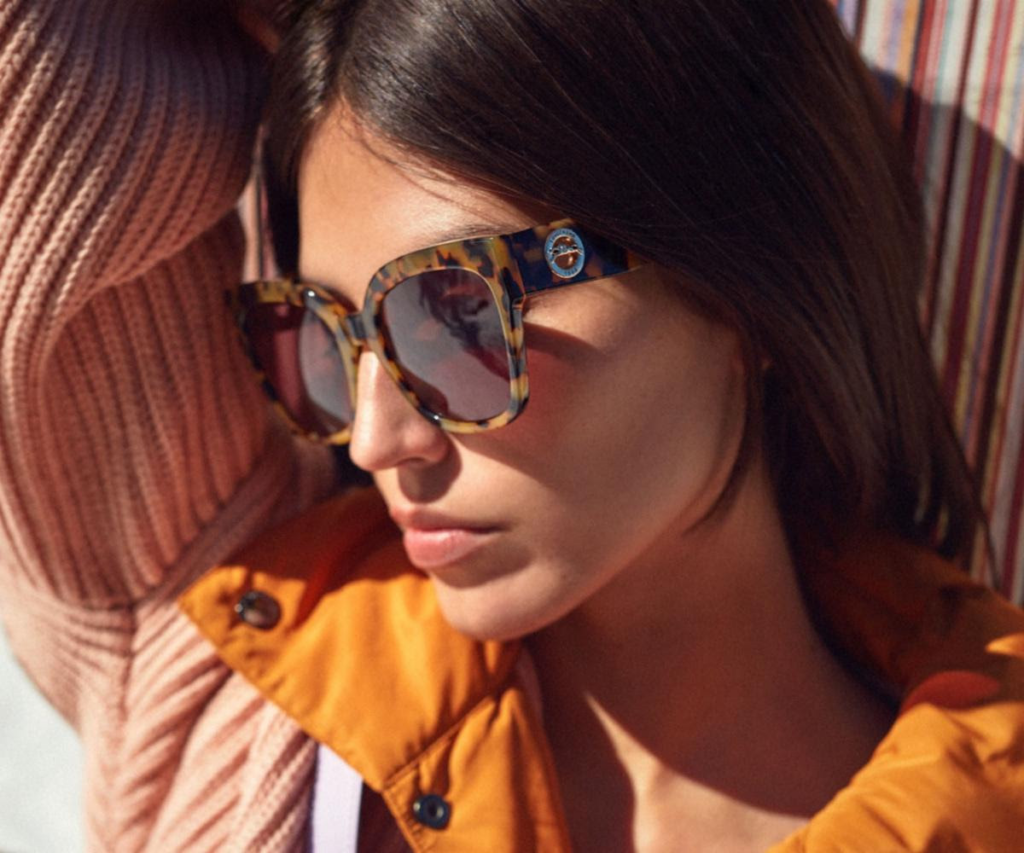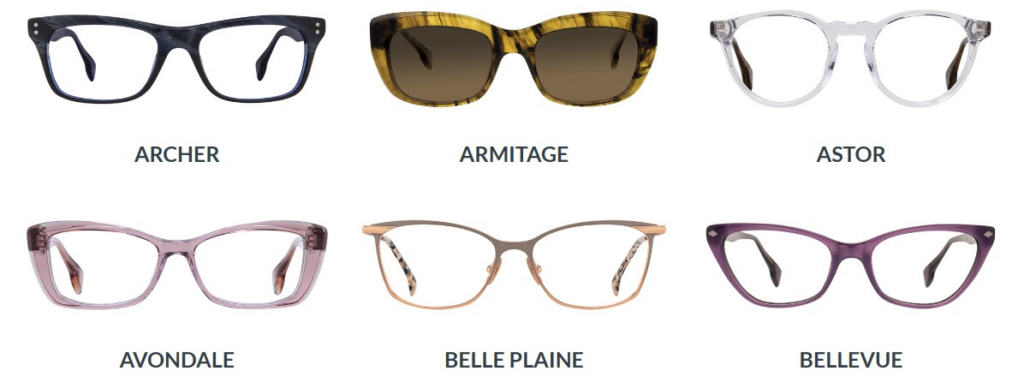Eye Care, Newsletter, Uncategorized

July is UV Safety Month: What it Means for Your Eyes
We all love the beach, but too often, the beach does not love us back. Ultraviolet rays (UV) from the sun cause skin damage, as well as pose a significant threat to eye health. The best protection for your eyes are sunglasses offering UV protection.
Buying Sunglasses? Read This First
Not all sunglasses are created equal. While the choices are endless, there’s only one thing that tops all sunglass considerations and it has nothing to do with price or brand names. It’s all about the UV protection. Bedminster Eye and Laser Center and the American Academy of Ophthalmology want you to know that selecting sunglasses that block 99 to 100 percent of UV-A and UV-B radiation is the best way to protect your eyes from the sun’s damaging rays.
“Wearing sunglasses without 100 percent UV protection is actually a serious health risk,” said Lawrence V. Najarian, MD, founder and medical director of Bedminster Eye and Laser Center. “Regardless of the season, sun exposure can increase the risk of developing growths on the eye, cataracts and some eye cancers. The good news is, protecting yourself from the sun is easy; just look for the 100 percent UV protection label.”
The American Academy of Ophthalmology offers the following tips for picking the best sunglasses for you:
Look for the label
Only buy sunglasses labeled as 100% UV-A and UV-B or UV400 protection. The Optical Shoppe staff can assure you that sunglasses purchased from us offer 100% UV protection.
Size DOES matter
Sunglasses with larger lenses may provide more protection. Wraparound glasses offer the best coverage. These glasses can protect the eye from UV light entering from the side. Wraparounds also protect the eyes from wind, evaporation that may cause dry eye, and foreign bodies, like grit, sand or dust that can irritate the eye.
Lens type helps with comfort, not UV protection
Darker lenses or polarized lenses do not block more radiation. Lenses can come in different shades, such as amber, gray, or green, but it’s up to personal preference which is best for you. Polarized lenses can help with glare coming off reflective surfaces, making activities like driving or water sports easier and more enjoyable.
For more information about eye health, visit the American Academy of Ophthalmology’s EyeSmart website.
What to do About Bloodshot Eyes

Bloodshot or red eyes eyes are usually caused by an external irritant, called an allergen. Irritated eyes can look unpleasant, with pink or red streaks in the conjunctiva and sclera, which are usually white.
Contact Bedminster Eye and Laser Center if You Have Bloodshot Eyes and . . .
- your eyes are seeping or encrusted with yellow, brown or green mucous. This can be a sign of infection that needs urgent medical treatment.
- you are experiencing pain in or around your eyes or unusual tenderness.
- you have unusual sensitivity to light.
- you have a fever or overall sickness.
- redness or discomfort lasts more than a week, after you’ve tried home remedies.
- your child has been exposed to pink eye (conjunctivitis) at school or at camp.
If you have bloodshot eyes, but none of these more serious symptoms, you can try a few things at home to help.
- Use over-the-counter artificial tears. These drops relieve irritation and wash allergens from the eye. Use these up to four times per day. If you use artificial tears more often, you should get preservative-free artificial tears.
- Use over-the-counter antihistamine eye drops, especially if you are prone to seasonal allergies. These drops help relieve itchiness.
- Use decongestants. These eye drops reduce the redness in your eyes. Avoid using these drops for more than three days. Long-term use can make redness worse (called “rebound redness”). There is a newer decongestant that does not cause rebound redness. This might be an option for you unless you are allergic to brimonidine. Children should not use brimonidine. Discuss with your ophthalmologist if this is a good option for you.
- Place cool compresses or washcloths on your closed eyes a couple of times a day.
- Avoid triggers or irritants such as smoke, fumes, pollen, dust, chlorine or pet dander. If you don’t know what’s irritating your eye, see an allergist. They can test you to find out what you are allergic to.
- Dehumidify. If mold causes your red eyes, clean the mold in your home. Consider a dehumidifier to absorb excess moisture.
- Wash your hands often. Do not touch your eyes unless you’ve just washed your hands.
- Use clean bedding and towels daily.
Learn more from the American Academy of Ophthalmology
Think Ahead to Back-To-School Eye Exams

We know that eyeglasses can improve vision, but can they also improve learning?
It appears so, according to a study of more than 2,000 elementary and middle school students in Baltimore City schools. This is the largest study to date on school-based vision programs in the United States
The study found that children who received eye exams and glasses as part of a school-based vision program improved their academic performance after one year. The results suggest these programs could help more students succeed in school despite having vision impairment or limited access to eye care.
Do eyeglasses improve school performance?
The study authors partnered with Vision for Baltimore, which provided free vision screenings to students in grades 3 through 7 across 127 city schools. Students who failed the screening received free eye exams and glasses, if needed, from the Vision to Learn mobile eye clinic.
About a quarter of students enrolled in the study had vision problems, researchers found. But many of these students had been unaware of their poor eyesight prior to the study, or had lacked the means to get treatment.
One and two years after providing the eyeglasses, researchers checked the students’ performance on standardized reading and math tests.
Glasses do improve grades, at least in the short term
The study revealed that students who received glasses improved their scores on reading tests after one year. In fact, their improvements were comparable to the effects of 1:1 tutoring.
Elementary students also improved their math scores. Corrective glasses offered the biggest benefit to the kids who needed it most, including special education students and very low academic performers.
Call NOW to set up your child’s back-to-school eye exam: 908-718-2020
Make sure your child has updated eyewear before school starts!
Connect with The Optical Shoppe
(908) 719-2020
Why We Love State Optical “Made in America” Frames And You Will Too!







Take 25% Off State Optical Frame Plus Lenses
Valid through August 10th, 2023
Shop for New Frames in Our Online Frames Gallery!
Don’t Wait: You can shop for frames online!
Our Doctors are Always Here to Help
Scheduled appointments offered 6 days a week and some evenings.
Emergency services available.
Call Now: 908-781-2020


